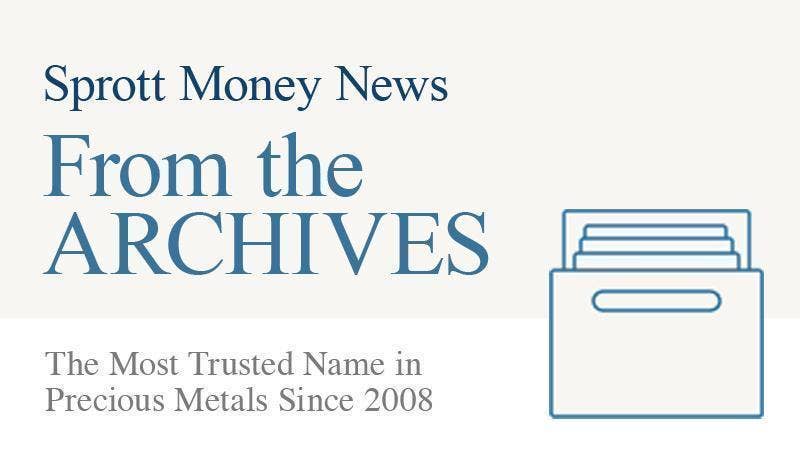February 5, 2018
Fear.
It’s one of the most powerful emotions anyone can experience. Fear can ruin your life, or save it, depending on the situation. It guides most people’s day-to-day lives—and fear of losing what you have shapes decision-making like nothing else in this world.
Psychology has proven that people have a loss aversion ratio of between 1.5 and 2.5. This means you are much more likely to act in a way that protects what you currently have rather than rock the boat and risk losing it all.
Most people are averse to losing. This is understandable and should come as no surprise to anyone.
It’s why people tend to become more conservative in times of prosperity—and hostile to anyone that would threaten it.
Due to the nature of my work, I am forced to listen to copious amounts of MSM news drivel, read countless social media posts and inundate myself with chatter from both sides of the aisle in an effort gain a clear picture of what is actually going on.
What I have learned can be boiled down to a simple and easy-to-understand phrase: "It's all about the economy, stupid.”
Ironically, this phrase was made famous by Bill Clinton in 1992, as he ran for President of the United States as a Democrat and won.
Now the tables have turned. It’s not the left who’s embracing this ideology, but the right, via President Trump. Meanwhile, the Democratic Party (who penned the phrase) are scratching their heads in confusion.
They watch in shock as President Trump’s approval ratings tick higher, along with the approval ratings of the Republican party as a whole, while theirs trend lower.
I'll say it again, "It's all about the economy stupid".
Wages are rising in the United States at a very healthy pace. Unsurprisingly, GDP is increasing alongside this surge in earnings, while unemployment is dropping. Forget the fact that debt levels continue to soar—the vast majority of people will only deal with this when they are absolutely forced to.
Anyone that can put aside their emotions for a moment and look at the facts will understand why Trump’s popularity continues to gain traction, not only with the "never-Trumpers" in his party, but also with the majority of those who call themselves "independents,” the most important group of voters in any election.
Therefore, I confidently predict that as long as this fiat-based stock market bubble continues to grow, and as long as jobs continue to return to the United States, the Republican party will not only win the 2018 midterms, but any election thereafter, for the foreseeable future.
That is, until things change... and they always do.
Don’t miss a golden opportunity.
Now that you’ve gained a deeper understanding about gold, it’s time to browse our selection of gold bars, coins, or exclusive Sprott Gold wafers.

About Sprott Money
Specializing in the sale of bullion, bullion storage and precious metals registered investments, there’s a reason Sprott Money is called “The Most Trusted Name in Precious Metals”.
Since 2008, our customers have trusted us to provide guidance, education, and superior customer service as we help build their holdings in precious metals—no matter the size of the portfolio. Chairman, Eric Sprott, and President, Larisa Sprott, are proud to head up one of the most well-known and reputable precious metal firms in North America. Learn more about Sprott Money.
Learn More
You Might Also Like:













Comments